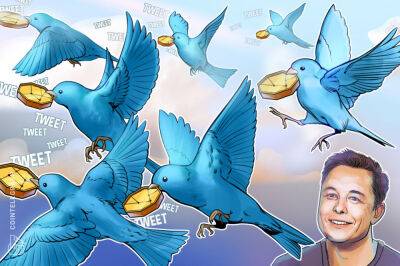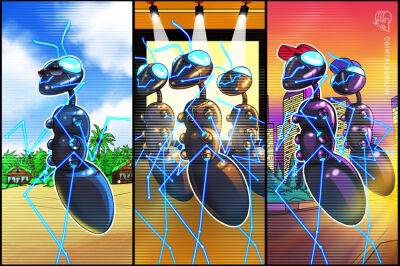Social Media 3.0: What to Expect
Disclaimer: The text below is an advertorial article that is not part of Cryptonews.com editorial content.
With an estimated 4.59 billion social media users, it is fair to say that this industry is a cornerstone of the internet. These platforms are a defining trait of the web2 world, marking a shift in how people use their computers and communicate with others. In the beginning, the internet was where people mostly consumed content without contributing themselves due to high technical barriers. But when social media came into being, this changed as these platforms offered easy methods of sending information and staying connected with others.
This, in and of itself, is revolutionary. It allows people to send messages and images to each other around the globe– nothing short of a technological and sociological milestone. However, this is far from a perfect system. There are some significant drawbacks to the current state of social media. A primary one is that the type of communication social media supports is highly unnatural and limited. Social media interactions boil down to sending texts/words, images, and videos. While this is good, it only covers one area of human interactions.
When people communicate, they don't just want to transmit information; they want to share experiences. They want to express themselves and be around others who represent themselves, too. For many social interactions, passing information is secondary, and the excitement of simply being near the people you care about is paramount. But sadly, self-expression is just not viable with the current state of social media. Our online profiles do not represent us. They often feel more like a document that describes us rather than an extension of us. Writing
Read more on cryptonews.com


 cryptonews.com
cryptonews.com

















